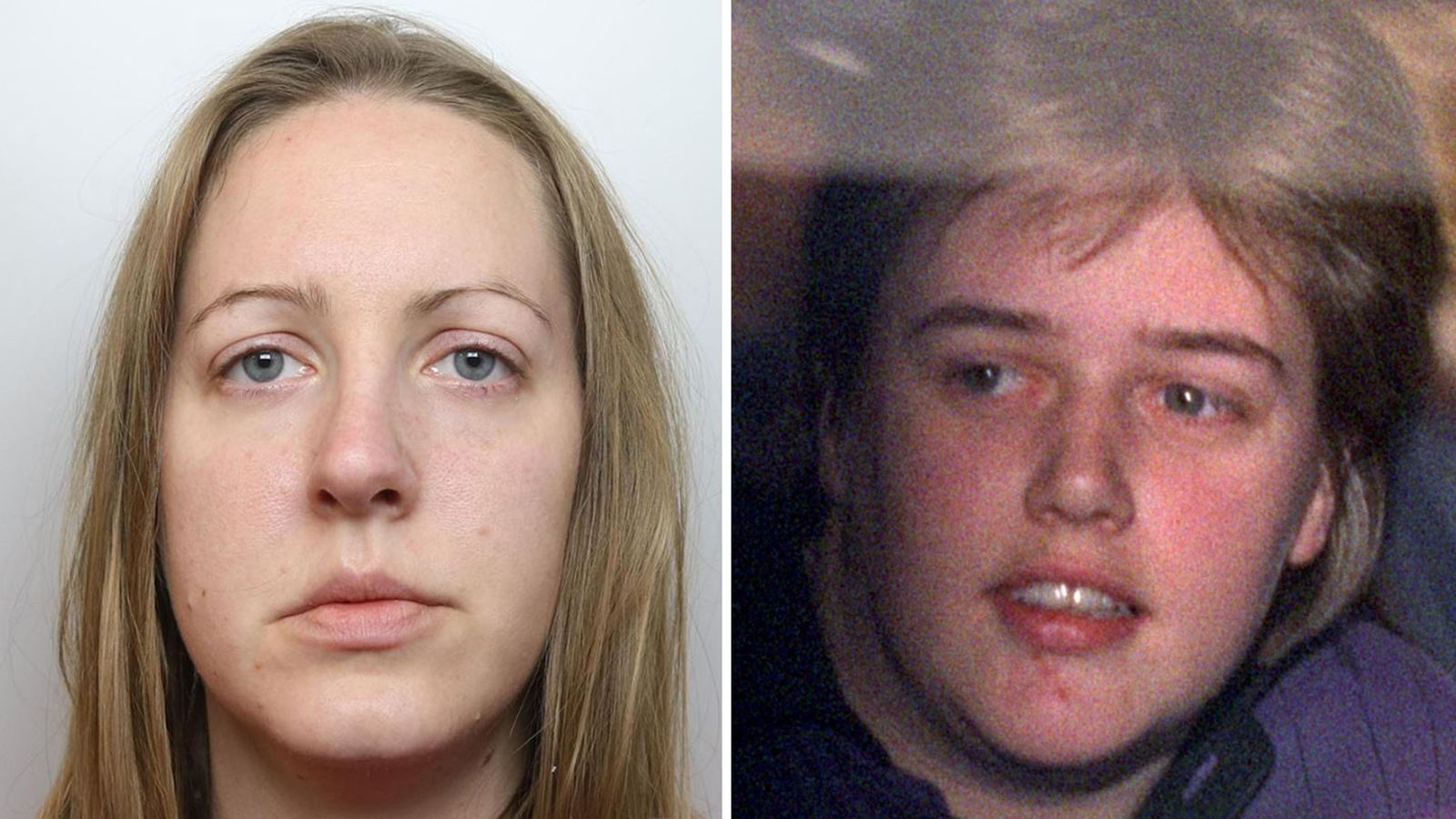When David Crampton took his baby son Paul into Grantham and Kesteven hospital in Lincolnshire with a chest infection, it was only meant to be a precaution.
The staff described him as a “happy wheezer” and he was expected to make a quick recovery.
Within hours, however, he suffered the first of three unexplainable collapses.
“When I got back to hospital, I walked into a scene I did not expect,” Mr Crampton told Sky News.
“We expected a child coming home the next day. We walked into a room and Paul was lying in the arms of a nurse,” he remembered.
“He looked cold and clammy [and] clearly was in some distress.”
After Paul was transferred to another hospital he recovered, but his mother still had questions.
“What was quite interesting was that Kath, my wife, was very clear,” Mr Crampton said.
“This is not an illness with my child (she said.) This is something the hospital are doing.”
Her intuition proved right. Paul, who had been poisoned with insulin, was one of 13 children attacked by serial killer nurse Beverley Allitt over 59 days in 1991.
Allitt, dubbed the Angel of Death, murdered four of her victims, poisoning some with insulin and potassium as well as injecting another with air.
Her case will inevitably draw comparisons with that of Lucy Letby, who this week became modern Britain’s most prolific child killer.
Those comparisons are not lost on Mr Crampton. Looking back on the Allitt case, he said: “Even once the police were first involved, there was quite a resistance from the hospital management, thinking there was not actually any case to answer.”
He added: “From what I can see on the news, the Letby case is very similar – there is some denial.”
Read more:
Lucy Letby: Inside the mind of a serial killer
Lucy Letby’s refusal to appear in court sparks renewed calls for change to law
In 1994, the Clothier Inquiry into the Allitt murders revealed that staff did have suspicions about the nurse.
Mr Crampton, who contributed to Clothier, hopes an inquiry into the Letby case is public to ensure transparency.
He also thinks it should focus on how staff are vetted, alongside scrutinising how hospitals deal with spikes in unexplained deaths and serious incidents.
Mr Crampton’s son Paul is now in his 30s with a family of his own and a career that is progressing, something his dad feels “incredibly grateful” for.
As someone who had their trust abused by a medic, he feels the revelations of the nine-month Letby trial are a reminder of the widespread impact of the actions of a serial killer.
“I often think about Allitt and Letby’s crimes,” he said.
“It’s a bit like dropping a stone into a pond – the ripples spread far and wide.”












